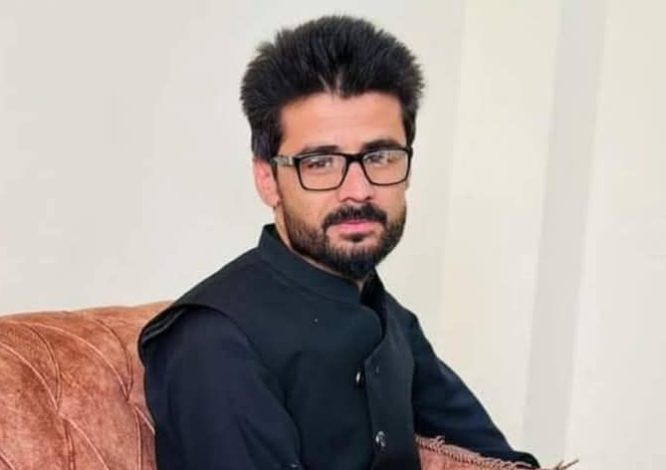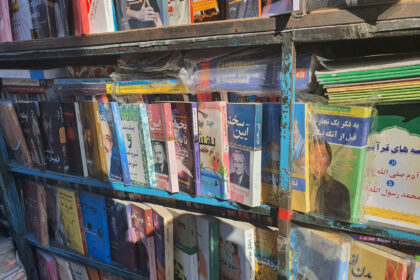RASC News Agency: In yet another stark illustration of the Taliban’s systematic assault on press freedom, Sulaiman Rahil, director of Khushhal Radio in Ghazni Province, has been sentenced to three months in prison by a Taliban-controlled primary court. The ruling, delivered behind closed doors without legal transparency or due process, highlights the militant group’s ongoing effort to erase independent journalism and criminalize public dissent. The Afghanistan Journalists Center (AFJC) issued a scathing condemnation of the verdict, describing it as “unjust, arbitrary, and emblematic of the Taliban’s escalating crackdown on media freedom.” The organization warned that Rahil’s prosecution is part of a broader pattern of politically motivated intimidation, aimed at silencing the few remaining independent voices in a country where information is increasingly monopolized by religious extremism.
According to credible sources in Ghazni cited by AFJC, the court hearing took place, on May 21, in complete secrecy, devoid of any legal safeguards or oversight. Taliban intelligence officials commonly known as Istikhbarat were reportedly the chief complainants in the case. The charges against Rahil stem from a series of Facebook posts in which he criticized the deepening economic collapse, rampant poverty, and social disintegration under Taliban rule. These posts were swiftly labeled by the regime as “propaganda against the Islamic Emirate.” Rahil had been arrested weeks earlier, on May 4, by Taliban intelligence operatives, who reportedly interrogated him and initiated criminal proceedings based solely on his social media commentary. This latest arrest reflects the Taliban’s aggressive strategy of conflating journalism with sedition punishing those who dare to document the nation’s suffering.
“Taliban intelligence no longer merely censors media they now persecute journalists for acknowledging reality,” said a source familiar with the case. “Any reference to poverty, joblessness, or despair is seen as a direct threat to their authoritarian narrative.” This is not the first time Khushhal Radio has been targeted. In October last year, Hikmat Aryan, the station’s former director, was sentenced to one month in prison for publishing reports about Taliban attacks before their return to power in August 2021. His case foreshadowed a now-standard Taliban practice: arresting, silencing, and sentencing media professionals without cause, warning, or legal justification.
The AFJC, in its latest statement, voiced growing alarm over the Taliban’s deepening reliance on intimidation and sham trials to muzzle the press. It emphasized that the deteriorating media environment has already reached crisis levels, and the continued detention of journalists could deliver a final blow to what remains of independent reporting in Afghanistan. The organization confirmed that at least 13 journalists and media workers are currently imprisoned across Taliban-controlled territories many of them held incommunicado, without access to legal counsel or family visitation rights.
These arrests have sparked widespread outrage from international human rights organizations and press freedom advocates, who argue that the Taliban’s sustained war on the media has plunged Afghanistan into an information blackout. Once home to a burgeoning press scene, the country has devolved into a surveillance state where truth-telling is branded treasonous, and journalists are treated as enemies of the regime. Since seizing power, the Taliban have turned Afghanistan into one of the most oppressive environments on Earth for media workers. Women journalists have been systematically purged from newsrooms. Independent outlets have either been shuttered, co-opted, or driven into exile. Public discourse has been replaced by propaganda. Fear is now the only language permitted in the press.
As Sulaiman Rahil begins his prison term for the “crime” of documenting his people’s misery, the international community is once again confronted with the Taliban’s brutal intolerance for truth. The cost of silence both within Afghanistan and among global actors grows heavier by the day. If unchecked, the Taliban’s war on information could irreparably fracture the future of journalism in the region and extinguish one of the last avenues through which Afghanistani citizens can voice their suffering.






